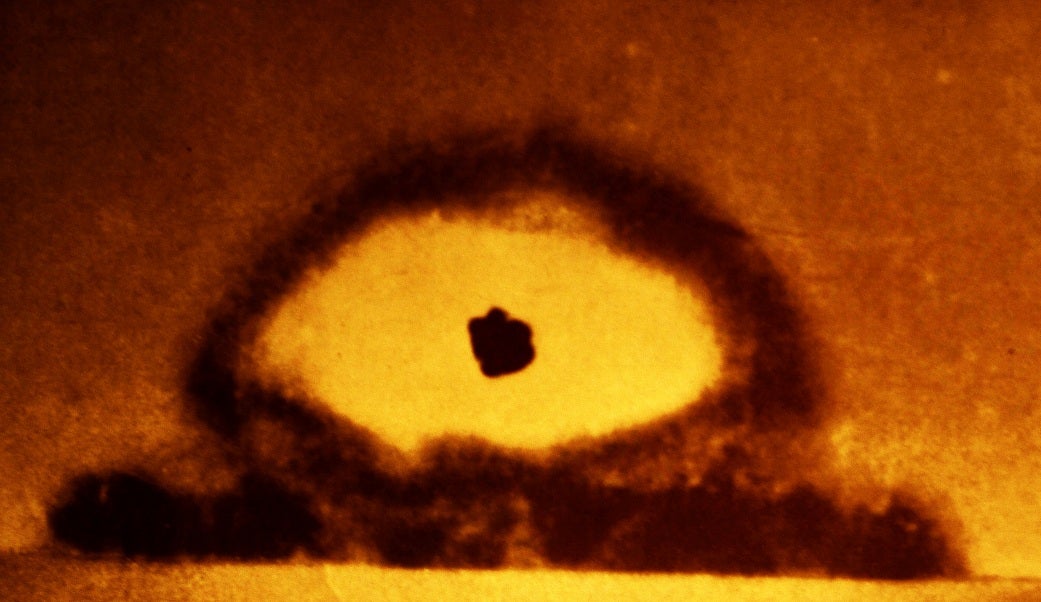Anthropocene: Earth is already in a new epoch, has been since July 16, 1945, scientists claim
It turns out we're not poised to move into a new epoch, we've actually been living in one for over 50 years

Your support helps us to tell the story
From reproductive rights to climate change to Big Tech, The Independent is on the ground when the story is developing. Whether it's investigating the financials of Elon Musk's pro-Trump PAC or producing our latest documentary, 'The A Word', which shines a light on the American women fighting for reproductive rights, we know how important it is to parse out the facts from the messaging.
At such a critical moment in US history, we need reporters on the ground. Your donation allows us to keep sending journalists to speak to both sides of the story.
The Independent is trusted by Americans across the entire political spectrum. And unlike many other quality news outlets, we choose not to lock Americans out of our reporting and analysis with paywalls. We believe quality journalism should be available to everyone, paid for by those who can afford it.
Your support makes all the difference.Geologists, climate scientists and ecologists have been busy trying to decide whether we are moving from the Holocene to a new epoch recently, but one team of scientists believes it finished long ago.
Proponents of the term 'Anthropocene' believe that humans have had such a profound effect on the Earth's crust that a new epoch is fitting, and some believe the detonation of the first atomic bomb during a test seems as good a mark of it as any.
"Like any geological boundary, it is not a perfect marker – levels of global radiation really rose in the early 1950s, as salvoes of bomb tests took place," said Dr Jan Zalasiewicz, of the University of Leicester’s Department of Geology and chair of the Anthropocene Working Group.
"But it may be the optimal way to resolve the multiple lines of evidence on human-driven planetary change. Time - and much more discussion - will tell."

The Anthropocene Working Group assembled in Berlin last year, an interdisciplinary body of scientists and humanists working under the umbrella of the International Commission on Stratigraphy and "tasked with developing a proposal for the formal ratification of the Anthropocene as an official unit amending the Geological Time Scale".
The term was first coined in the 1980s and popularised by Nobel Prize winning chemist Paul Crutzen in 2000.
Sir David Attenborough, who has seen the devastating effects of humanity on our planet time and time and time again, recently told The Independent that he agrees our impact is significant enough to warrant a re-classification, as long as the term is useful.
A change of epoch does not come around very often, with the Holocene having begun 11,700 years ago at the end of the last Ice Age.
The Anthropocene Working Group has given itself until 2016 to come up with a proposal to submit to the ISC, which ultimately determines what time period we live in. This might seem like a long way away, but when you consider the earliest epoch, the Paleozoic, began approximately 541 to 252 million years ago, it's just a speck in the Earth's history.
Join our commenting forum
Join thought-provoking conversations, follow other Independent readers and see their replies
Comments